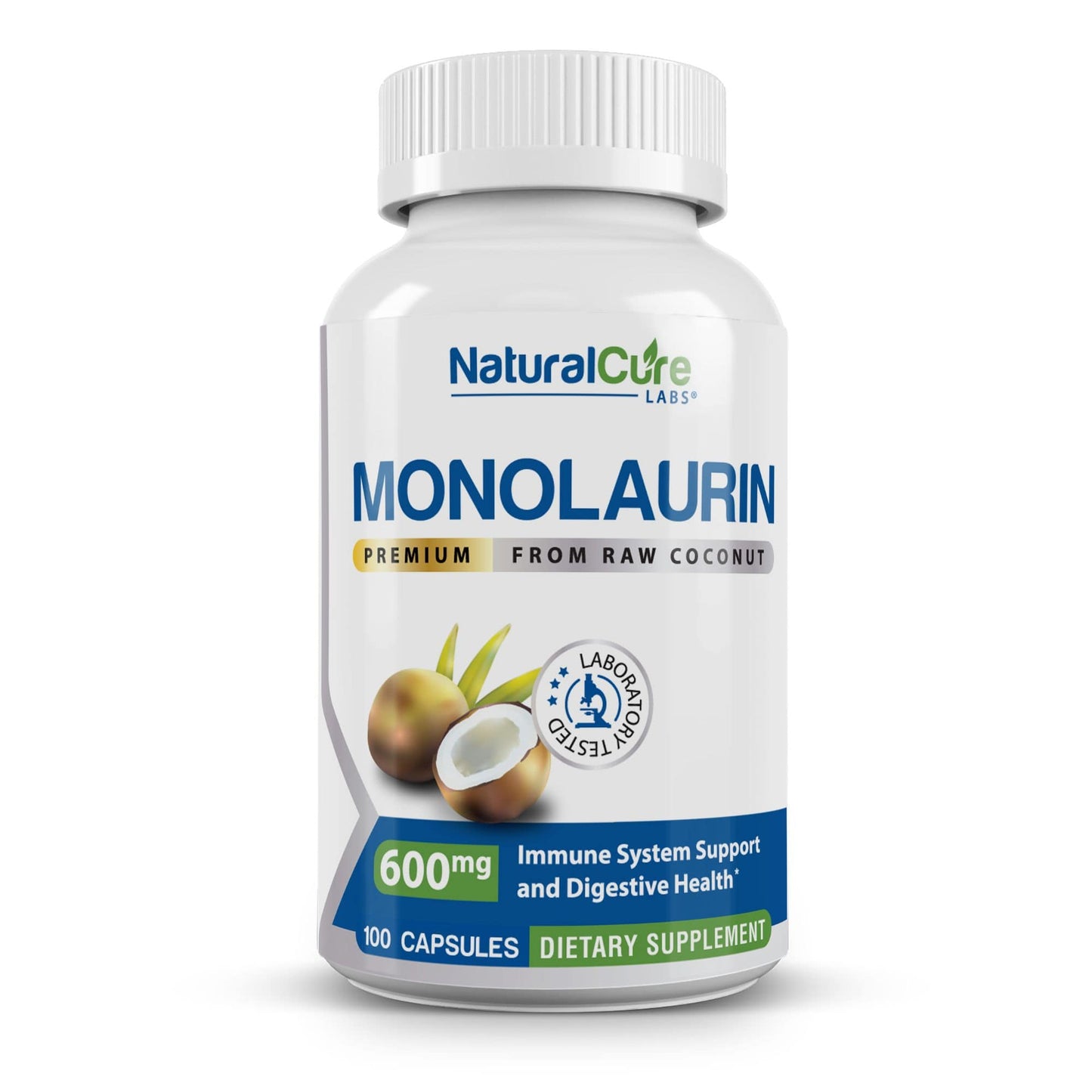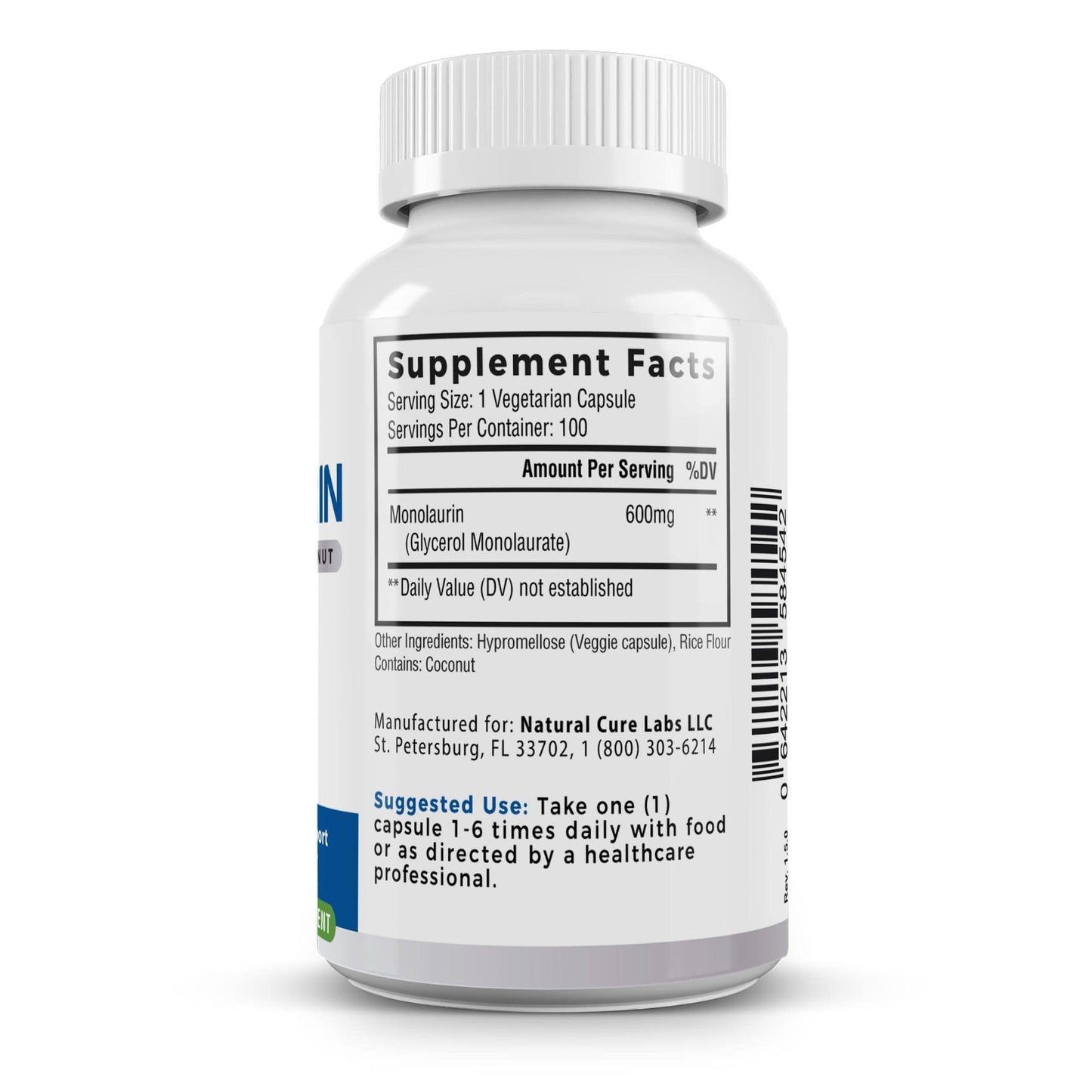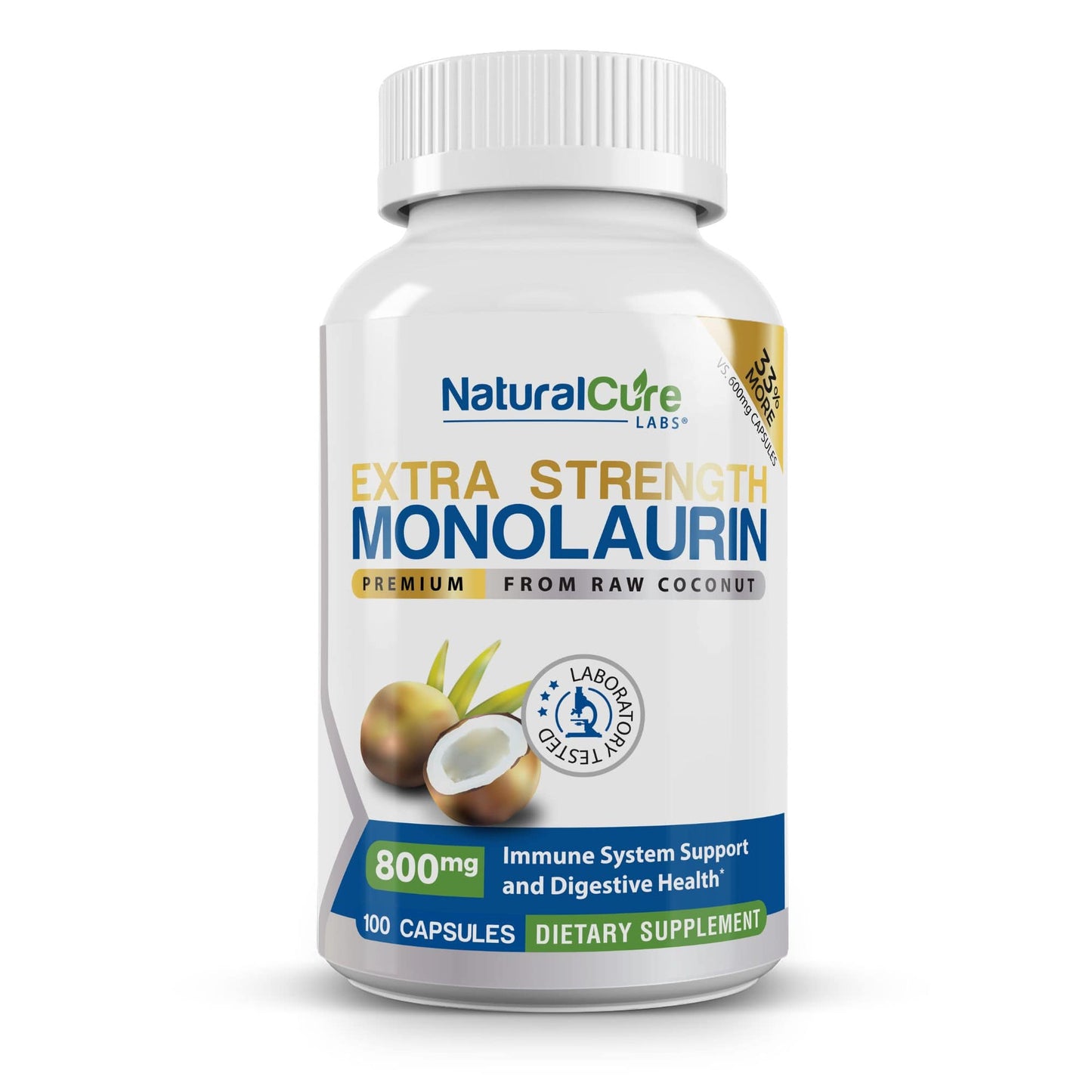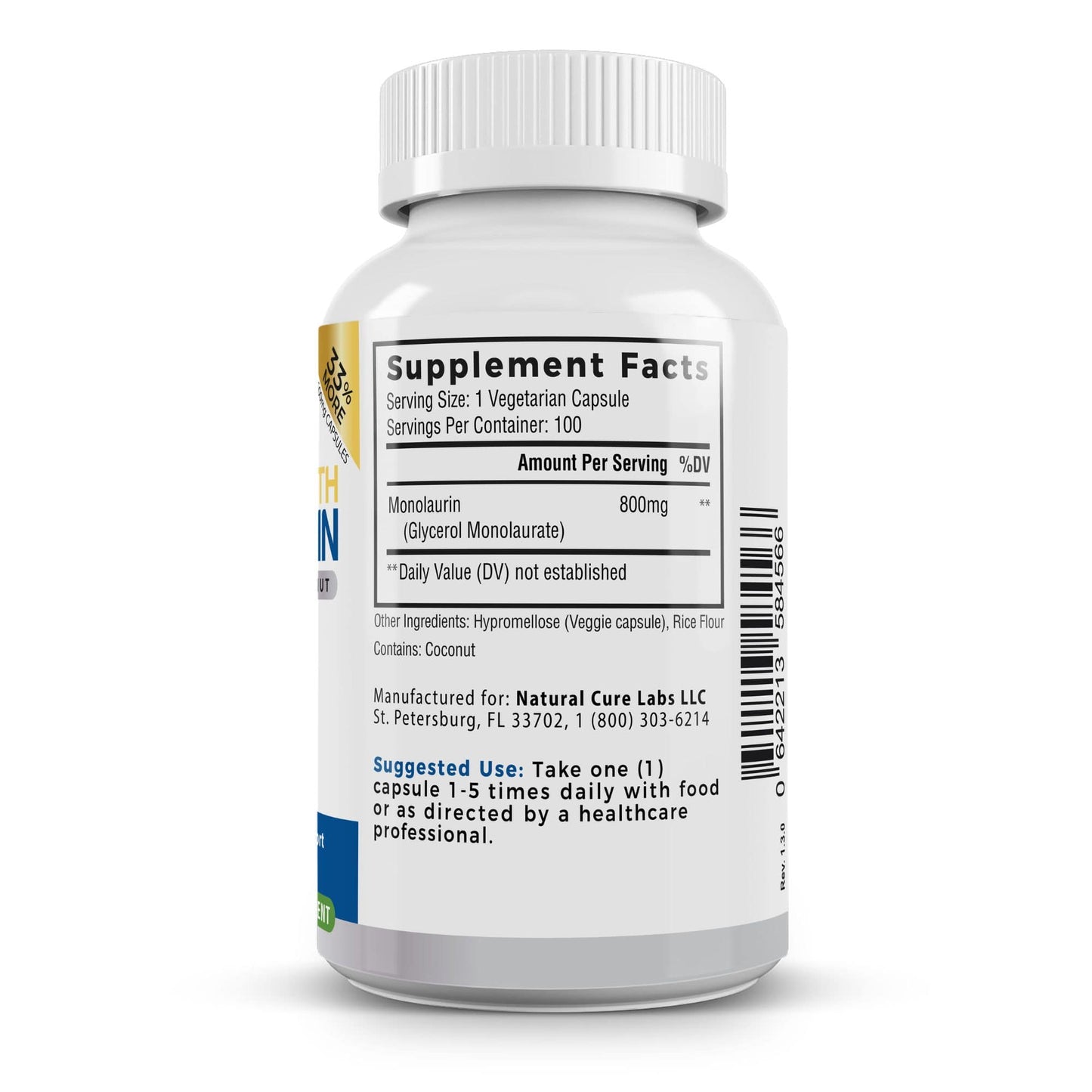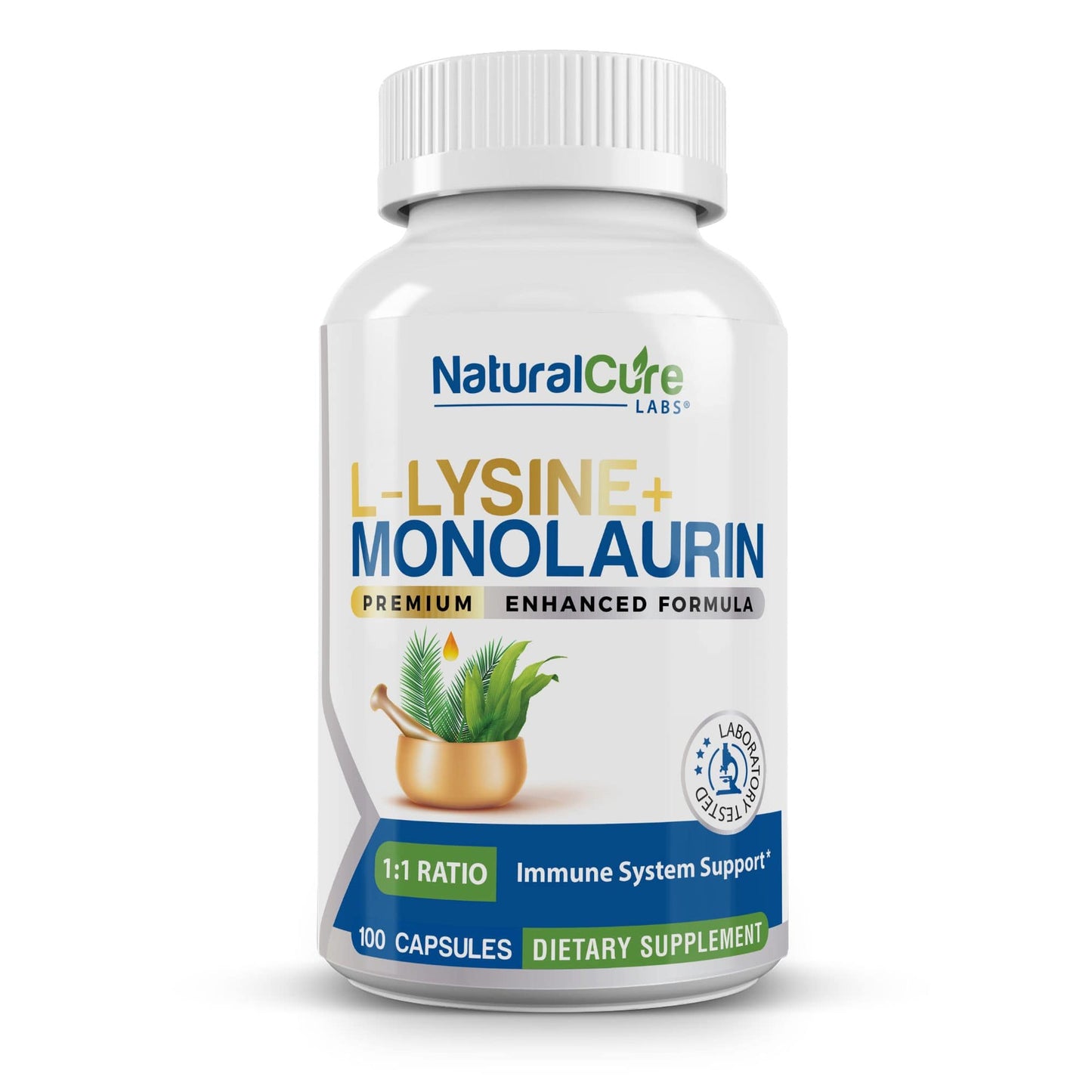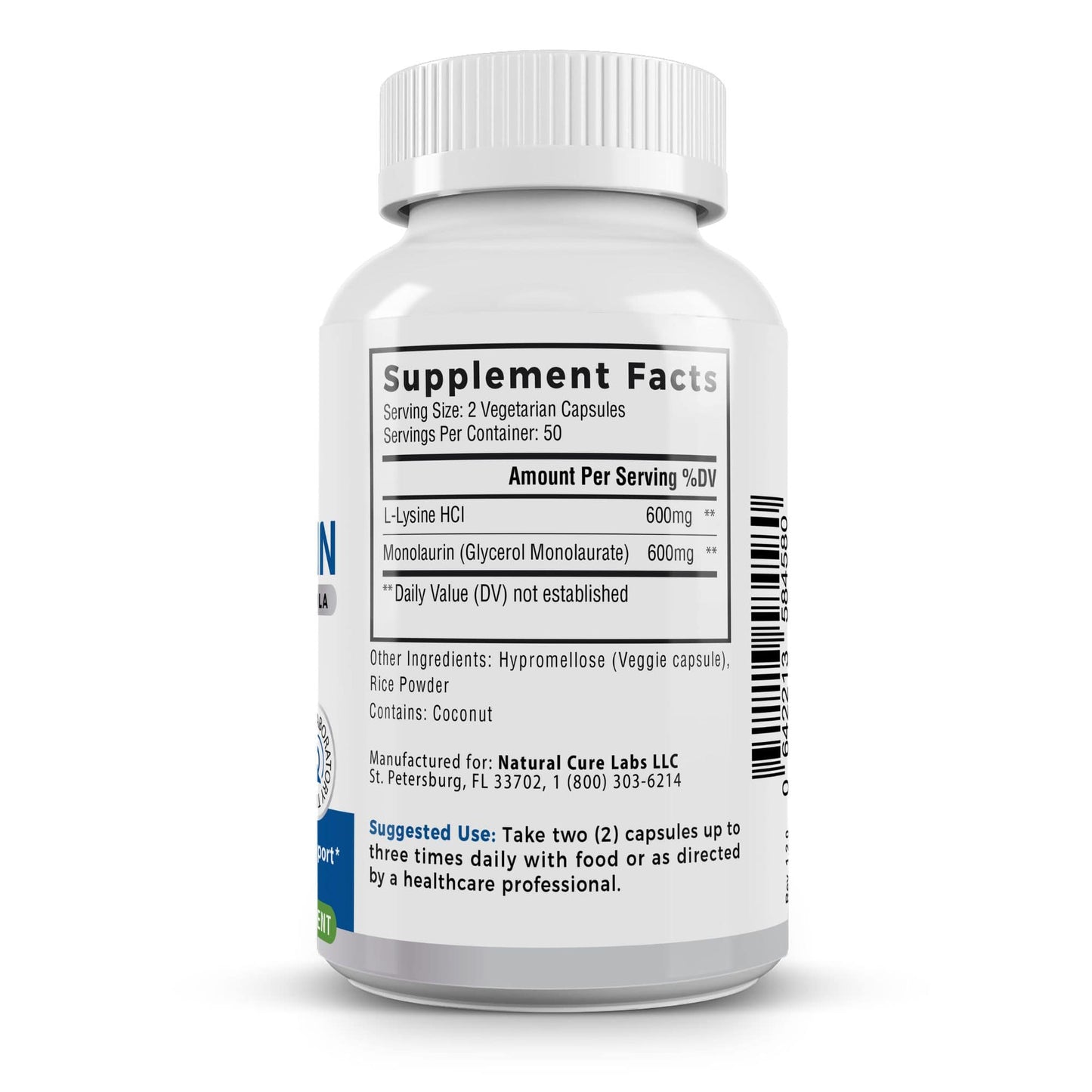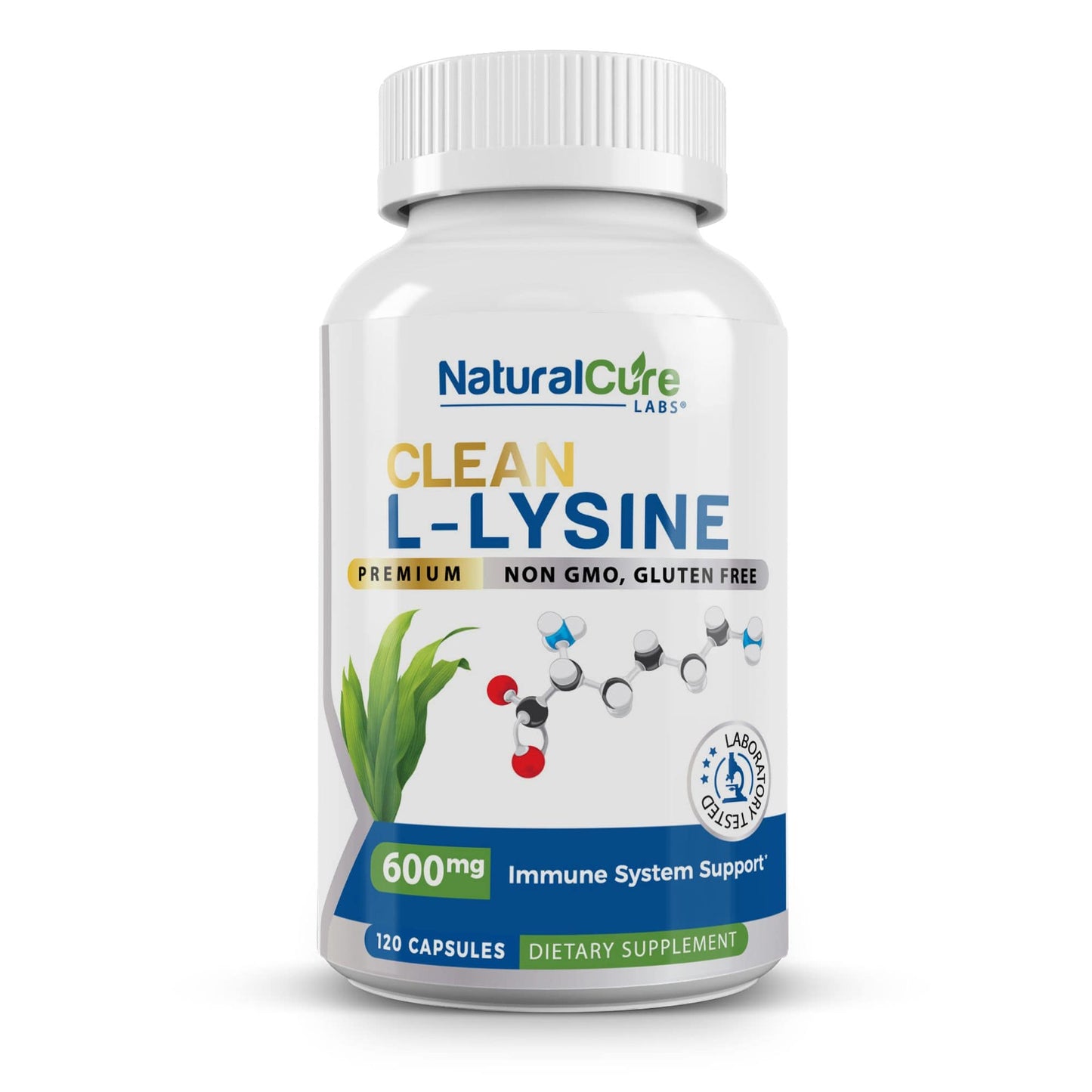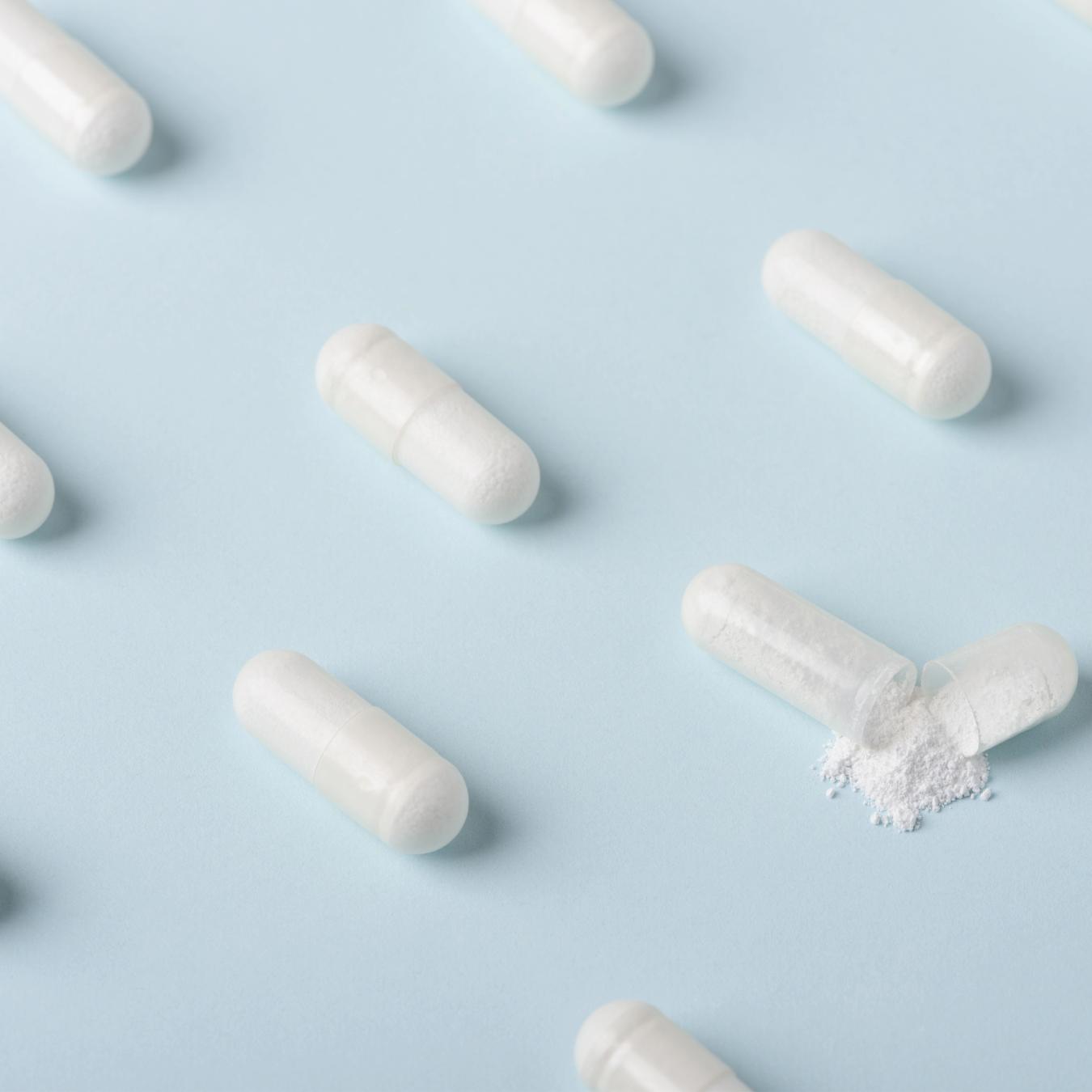
📝 Medically reviewed by Dr. Patricia Shelton
🔍 Last updated April 22, 2024
📚 8 citations
📖 7 minute read
About the Author:

Dr. Patricia Shelton, MD, has been a medical communicator and educator since 2014. She holds a Doctor of Medicine degree and a Bachelor's degree in Neuroscience, both from the University of Washington in Seattle.
--
Your lymph nodes are your body's unsung heroes, working tirelessly to protect you from harmful microorganisms and other foreign substances. Though they might be often overlooked, these tiny, bean-shaped organs are a crucial part of your body's immune system.
Jump To:
- What are Lymph Nodes?
- Location of Lymph Nodes
- What do Lymph Nodes Do?
- Lymph Nodes and Immune Response
- Final Thoughts
- References
Although most people have heard of lymph nodes, many don’t quite understand exactly what they are and what they do for your body. Keep reading, and we'll dive into the specifics of lymph nodes.
See Related: Signs Of A Strong Immune System (& 6 Ways To Help It Thrive)
What are Lymph Nodes?
Your immune system is made up of different types of cells, which work in harmony to protect your body from pathogens (like bacteria and viruses). Each part of the immune system plays a crucial role in maintaining and improving your health.
Your lymph nodes are part of your lymphatic system, and they also form a key component of your immune system.
The lymphatic system is a complex network of vessels that are responsible for maintaining fluid balance in the body. They’re also important in waste removal and the absorption of fats, along with containing important tissues of the immune system. In addition to lymph nodes, the lymphatic system includes the thymus gland, tonsils, spleen, and bone marrow. ¹
Lymph nodes are small, bean-shaped organs that are scattered throughout your body. The number of lymph nodes in the human body can vary somewhat but typically ranges from about 600 to 800, which are spread throughout the body.
At first glance, lymph nodes look like sprouting kidney beans. Lymph vessels enter the lymph node from various directions, carrying lymphatic fluid from the tissues. As it flows through the lymph node, the lymph is filtered and then exits through a single vessel. Cells of the immune system are located in the lymph node, and they detect anything unwanted in the lymphatic fluid, such as bacteria, viruses, or cancer cells. If they detect anything dangerous, they will react. ²
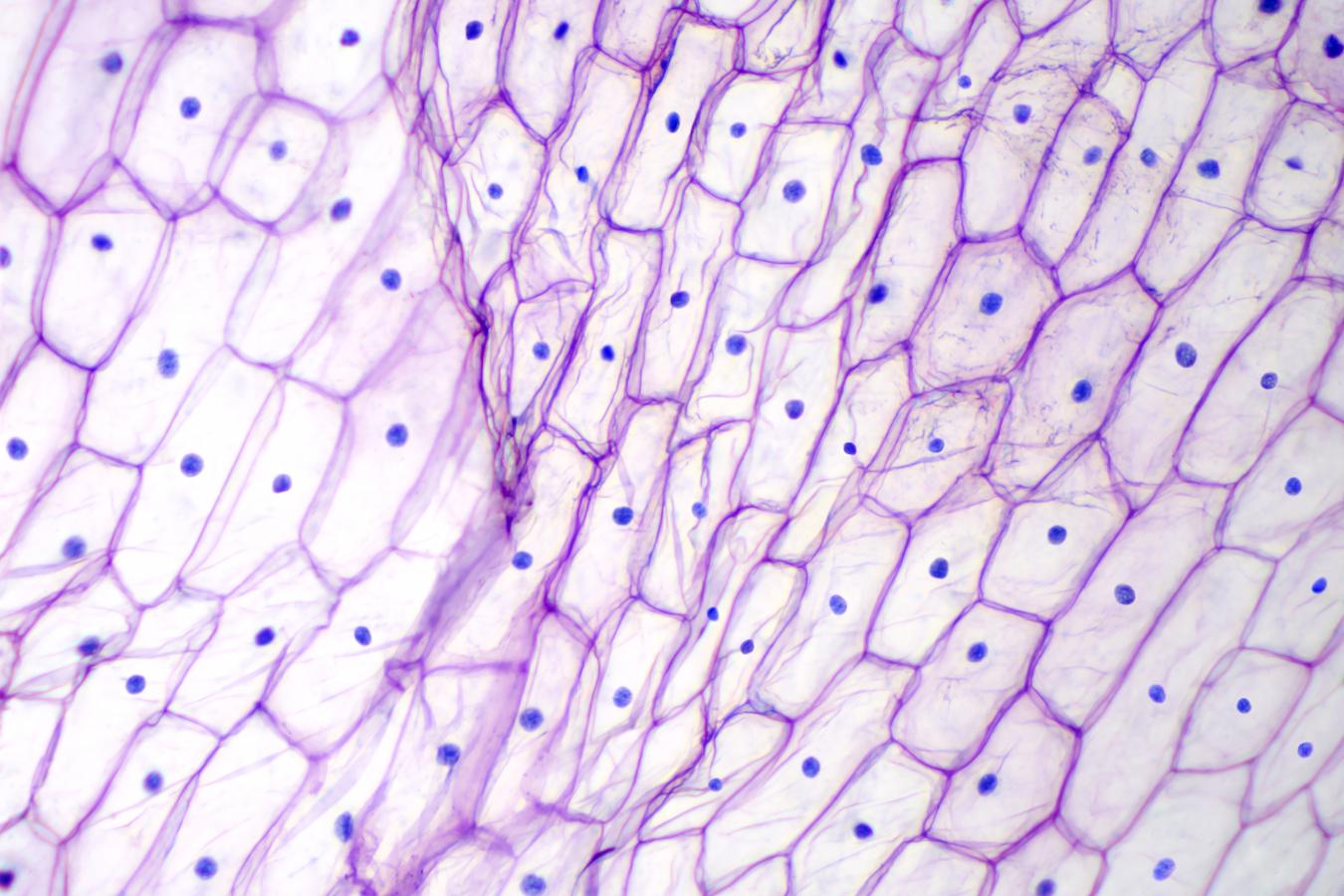
Location of Lymph Nodes
Lymph nodes are found throughout your body, except in your brain and spinal cord. Superficial lymph nodes are found under your skin in places like your neck, underarms, and groin. They drain and filter fluid from the head, face, arms, and legs. You may sometimes be able to feel superficial lymph nodes when they become enlarged, which happens when immune cells in the lymph node are activated.
Other lymph nodes are located deeper in your chest or abdomen. These drain fluid from your organs, such as the lungs and digestive tract. Your deep lymph nodes can be further classified into three categories:
- Mesenteric nodes are located in the membrane that connects your bowel to your belly's tissue wall.
- Retroperitoneal lymph nodes are located around your kidneys and the major blood vessels connecting your lower body to your heart.
- Mediastinal nodes are around your trachea, esophagus, heart, and lungs.
What do Lymph Nodes Do?
Your lymphatic system consists primarily of lymphatic vessels and lymph nodes. Lymphatic fluid is generated in the tissues and consists of excess fluid that has leaked out of blood vessels. Inside this fluid, there may be waste products, the remains of dead cells, and pathogens like bacteria. The lymph nodes filter the fluid, and it eventually reenters the bloodstream.
Lymph nodes house immune cells that help fight infections as well as cancer cells. To do this, lymph nodes mobilize white blood cells called lymphocytes. There are two main types of lymphocytes:
- B-cells, or B lymphocytes, produce antibodies that assist in attacking foreign invaders. ³
- T-cells, or T lymphocytes, eliminate damaged or infected cells. ⁴
In addition to lymphocytes, there are also macrophages, which are white blood cells that eliminate germs, recycle dead cells, and assist other immune cells, and dendritic cells, which provide lymphocytes with foreign proteins known as antigens. Antigens may originate from bacteria, viruses, or even cancer cells. ⁵ Lymph nodes are located in strategic anatomical sites that allow them to best collect antigens. ⁸
Lymph Nodes and Immune Response
Lymph nodes play a vital role in your body's immune system. They make it possible for you to fight infection and foreign invaders. If you have an infection, the nearby lymph nodes may swell as the immune cells within them begin to divide in order to fight the invader. Once the threat is neutralized, the swollen lymph nodes will return to their normal size. ⁸
Staying healthy and maintaining a strong immune system doesn't need to be a challenge. Whether you’re making healthy lifestyle changes or adopting new wellness practices, there are many ways to support your immune function. Additionally, easy-to-swallow immune supplements can give your body the boost it needs. ‡
Natural Immune Supplements that Enhance Wellness and Well-Being ‡
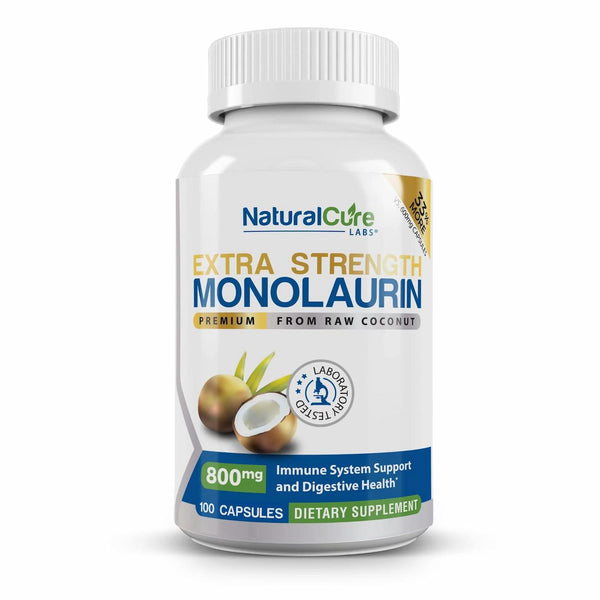
Bonus: What Is L-Lysine Good For? Uses, Benefits, And More
At Natural Cure Labs, we provide naturally derived supplements that may help to support immune function and digestive health. Each formula is blended and bottled in the United States with premium botanicals and “clean label” raw materials. ‡
Plus, each product is rigorously reviewed and tested by a team of third-party experts who ensure quality, safety, and efficacy. We pride ourselves on our transparency and commitment to compliance, something that is often lacking in this industry. ‡
From our coconut-based Monolaurin Extra Strength capsules to our herbal Premium Andrographis Extract, each product we craft is designed to treat your body well. They're formulated with botanicals and other plant-based ingredients that support a health body and look after the environment. If you're looking to better support and nourish your immune system, this might be a great way to do so. ‡
Don't take our word for it - Natural Cure Labs is one of the most decorated supplement brands available - winning dozens of industry awards, including the prestigious American Business Award Gold four years in a row. Plus, our products have garnered thousands of positive reviews from customers all over the world. ‡
"Great product. I’ve been using L-Lysine for a few months now. I’ve noticed that my … has improved, looks fresher and younger. Thank you for the great product, fast shipping and for being so customer oriented."
Karine K. from Australia on March 28, 2024
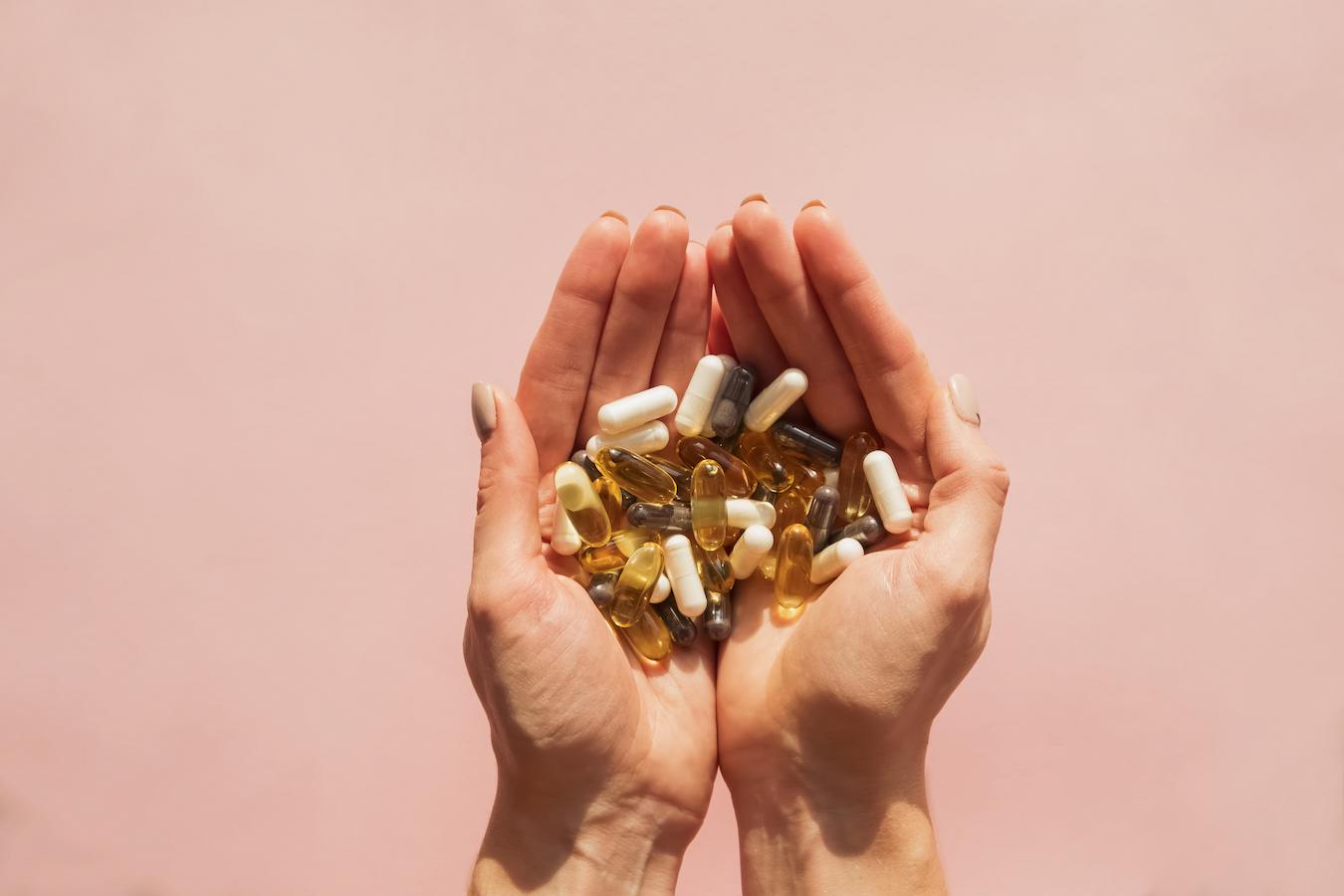
Final Thoughts
Lymph nodes play a vital role in your overall health by helping to filter out harmful organisms and even cancer cells. To maintain optimal immune health and digestive function, you may choose to enhance your daily routine with botanical-based dietary supplements. ‡
Keep Reading: 7 Foods To Boost Your Immune System
--
References
- Cueni, L. N., & Detmar, M. (2008). The lymphatic system in health and disease. Lymphatic research and biology, 6(3-4), 109–122. https://doi.org/10.1089/lrb.2008.1008
- Bujoreanu I, Gupta V. Anatomy, Lymph Nodes. [Updated 2023 Jul 25]. In: StatPearls [Internet]. Treasure Island (FL): StatPearls Publishing; 2024 Jan-. Available from: https://www.ncbi.nlm.nih.gov/books/NBK557717/
- LeBien, T. W., & Tedder, T. F. (2008). B lymphocytes: how they develop and function. Blood, 112(5), 1570–1580. https://doi.org/10.1182/blood-2008-02-078071
- Kumar, B. V., Connors, T. J., & Farber, D. L. (2018). Human T Cell Development, Localization, and Function throughout Life. Immunity, 48(2), 202–213. https://doi.org/10.1016/j.immuni.2018.01.007
- Dieli F. (2003). Dendritic cells and the handling of antigen. Clinical and experimental immunology, 134(2), 178–180. https://doi.org/10.1046/j.1365-2249.2003.02279.x
- Schwager, S., & Detmar, M. (2019). Inflammation and Lymphatic Function. Frontiers in immunology, 10, 308. https://doi.org/10.3389/fimmu.2019.00308
- Bujoreanu I, Gupta V. Anatomy, Lymph Nodes. [Updated 2023 Jul 25]. In: StatPearls [Internet]. Treasure Island (FL): StatPearls Publishing; 2024 Jan-. Available from: https://www.ncbi.nlm.nih.gov/books/NBK557717/
- Liao, S., & Padera, T. P. (2013). Lymphatic function and immune regulation in health and disease. Lymphatic research and biology, 11(3), 136–143. https://doi.org/10.1089/lrb.2013.0012
‡ These statements have not been evaluated by the Food and Drug Administration. This product is not intended to diagnose, treat, cure, or prevent any disease.
--
Natural Cure Labs provides dietary supplements made from naturally derived ingredients. Our research-backed products contain premium botanicals and antioxidants that encourage healthy living and holistic wellness. Each high-quality product comes with a Clean Label that certifies our commitment to quality, transparency, and research. To stay connected and learn more, follow us on Facebook, Instagram, and TikTok.

